Beth Binnard: The Solar Eclipse 2017 – Appreciating the Unexpected
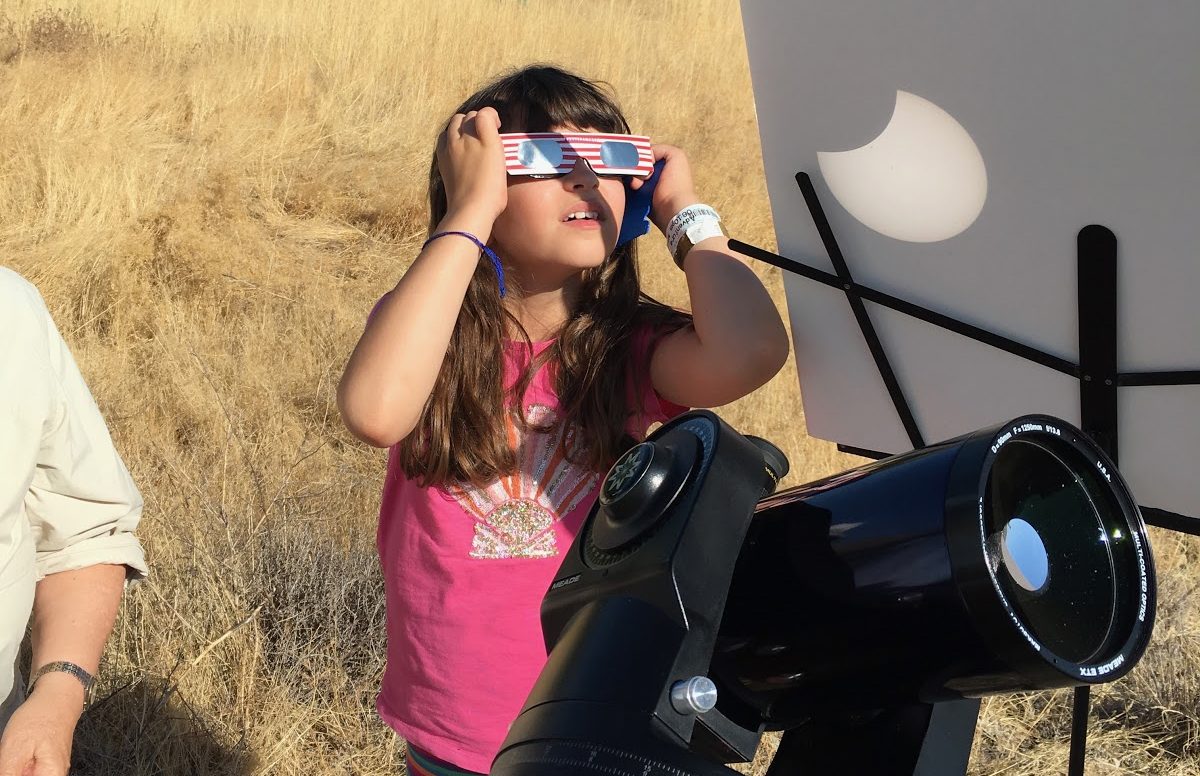
This summer I generously received a travel grant to join my family in the Portland, Oregon area to see the total solar eclipse. My extended family all live in California: my brother, sister-in-law and two nephews live in the Bay Area, and my parents live in Southern California. We all met in the Bay Area and then flew to Portland, where we stayed in a cabin near Mt. Hood, before driving east for the eclipse on August 21st. As a family, we spend much time together, despite being far away from one another. My brother and mother are the “planners” of our family adventures, all of which involve extensively discussed travel and food. The rest of us follow their lead, and we always have a great time together.
Before going on the trip, I was convinced I would write not about the actual eclipse, but about the people we would see and meet, out in the middle of nowhere in Oregon. In preparation for “the event,” we read many articles and stories about the path of totality, what safety precautions are needed, and the significance of it all, and to be honest, I wasn’t that excited about seeing the actual eclipse. I didn’t understand what all the fuss was about. I understood what was going to happen, but I thought talking to all the “eclipse chasers” would be more interesting. Hearing their stories, seeing their various and elaborate viewing equipment, learning where they were from, these were all things that I was expecting to be the memorable part of the journey. I was wrong.
My mom had been stressing to me the significance of seeing the total eclipse, not just a partial one. I read that in New York, it would be about 70% totality. So while I was cursing the lines, crowds and endless hallways of Terminal 4 at Kennedy Airport on our journey out west, I said to her, “I could have stayed at home and seen 70%!” She replied, “But not 100%!” Well, after seeing totality, now I know what all the fuss was about.
But before heading over to Oregon, there was some work to do: plotting our driving route; doing menu planning and food shopping (we take this very seriously); and gathering cameras, telescopes, tripods, safety glasses, power cords, batteries, adapters and my knitting.
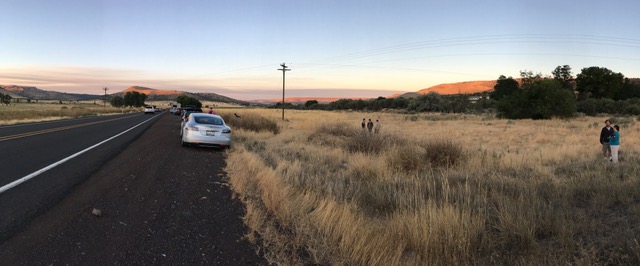
My parents and brother set up the telescope, which projected images of the sun onto a white cardboard screen, thereby avoiding long periods of time looking up at the sun. As we watched the moon slowly start to cover the sun, I thought about how definitive the event was. There are lots of unknowns in life and in the world, and lately I’ve felt like I never know what’s going to happen next. But we knew the eclipse was happening. That was one thing I didn’t have to worry about.
Aside from setting up the telescope, we had decided to forego putting much effort into photographing totality – we wanted to experience what was happening without fussing with filters and camera settings. (This was a bold decision for my family, as my mom singlehandedly keeps Shutterfly in business, my dad is a technology fanatic, and both my brother and sister-in-law are engineers. I, on the other hand, can barely use Google Docs to write this.) We were not disappointed in the decision to forgo photographing obsessively – there would be many great photos of the eclipse, but ours would not be among them!
As the time passed, it gradually started to become a little darker – not like night time, but more like when a very dark cloud arrives before a rainstorm. It did get cooler out, yet the cows across the road from us just went on with their usual business. By 10:15am, there was only a very tiny portion of the sun remaining, yet it still wasn’t dark out yet.
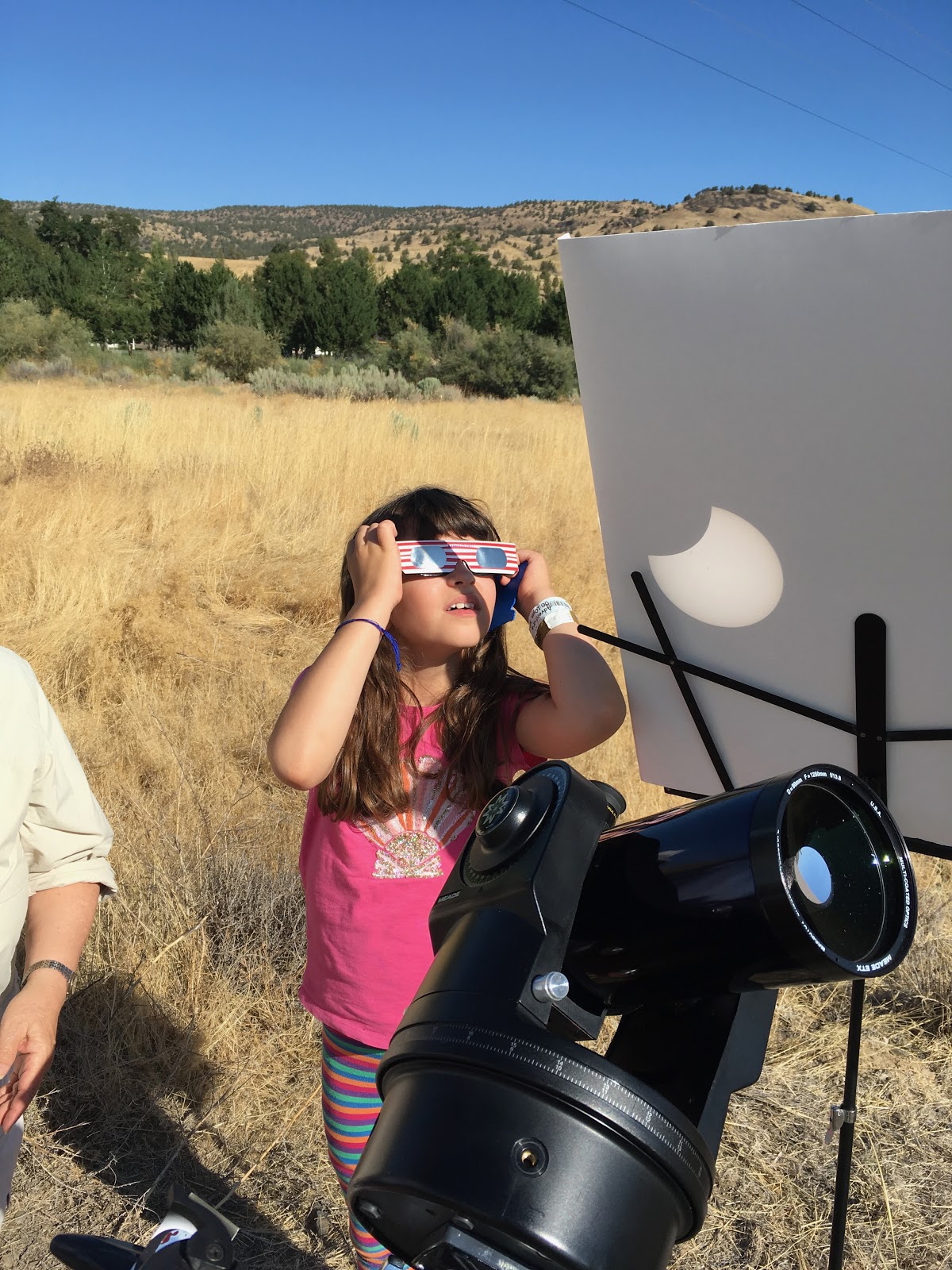
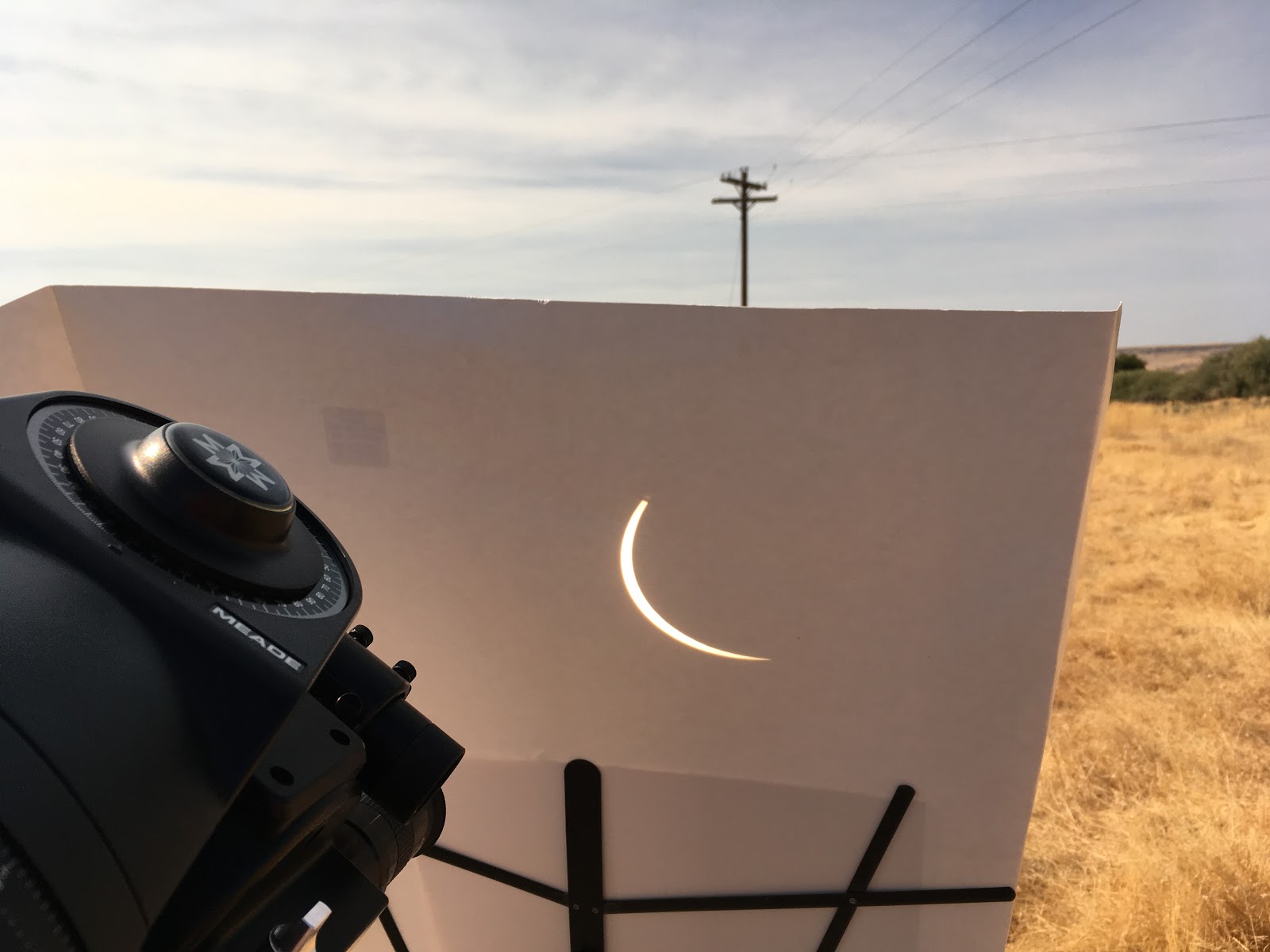
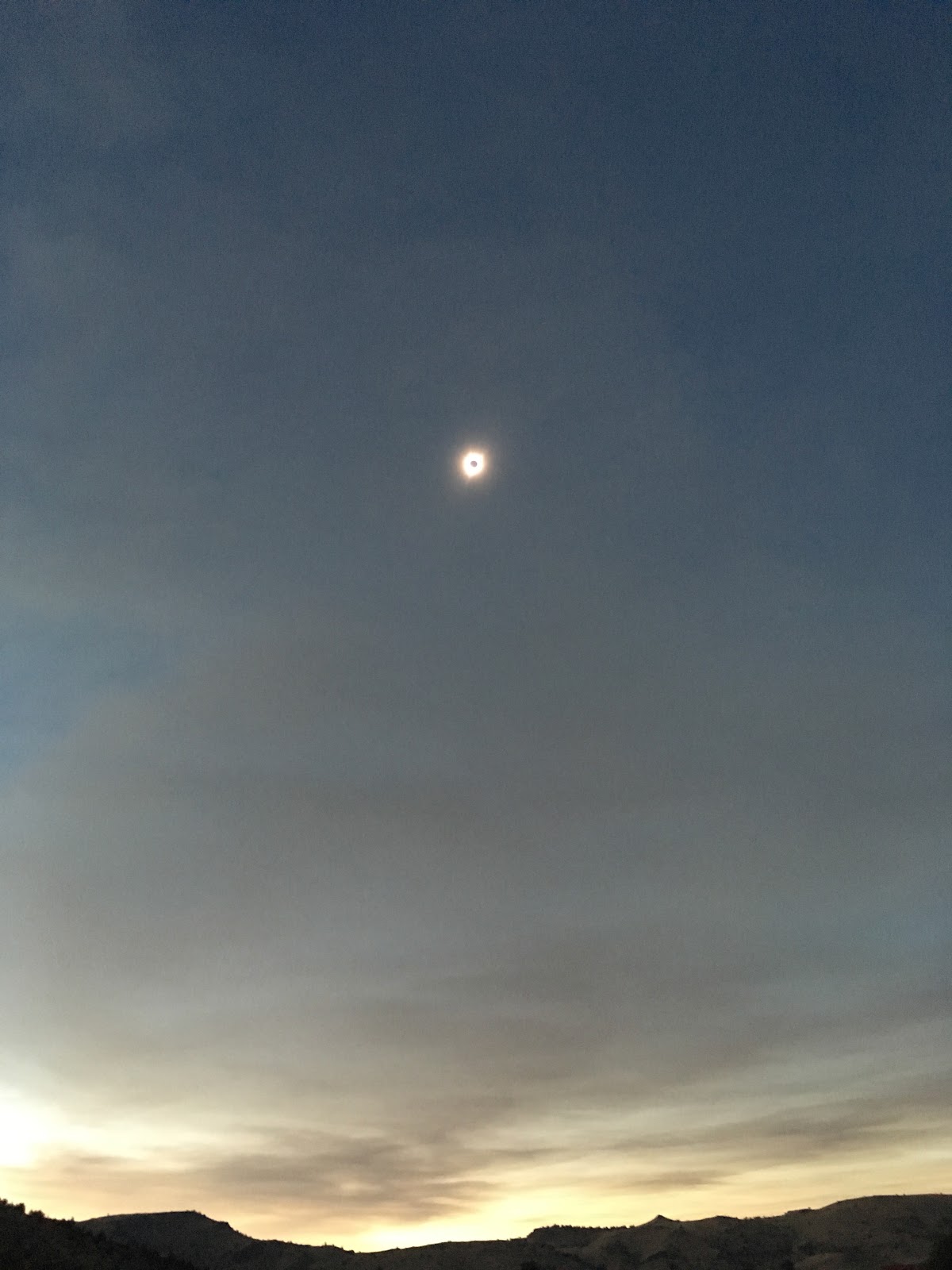
After about two minutes of totality, the tiniest sliver of sun reappeared, and it was suddenly completely bright again. Even the littlest bit of sun made the whole area look like daylight again. That’s how bright the sun is, and something I hadn’t recognized until then. Once it was light out again, people started packing up their gear and getting in their cars.
Earlier that morning, we had watched lots of traffic go by on the road, headed into Madras. And then a short time after totality ended, cars started coming by in the other direction. These were people hoping to avoid the traffic jams that would surely await.
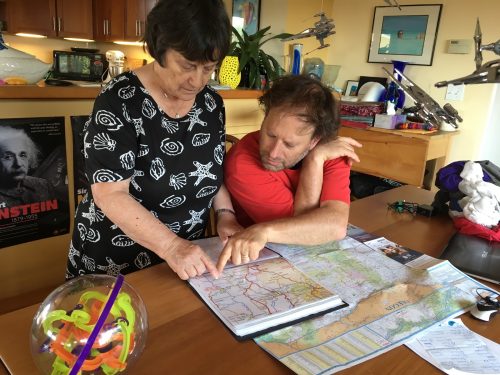
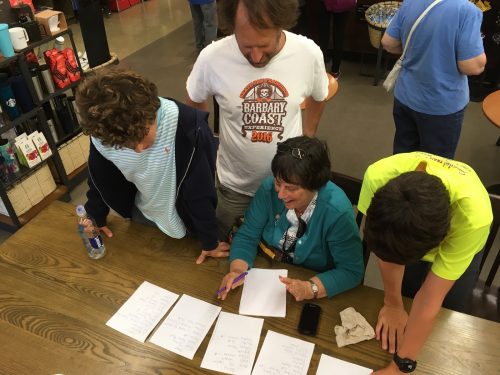
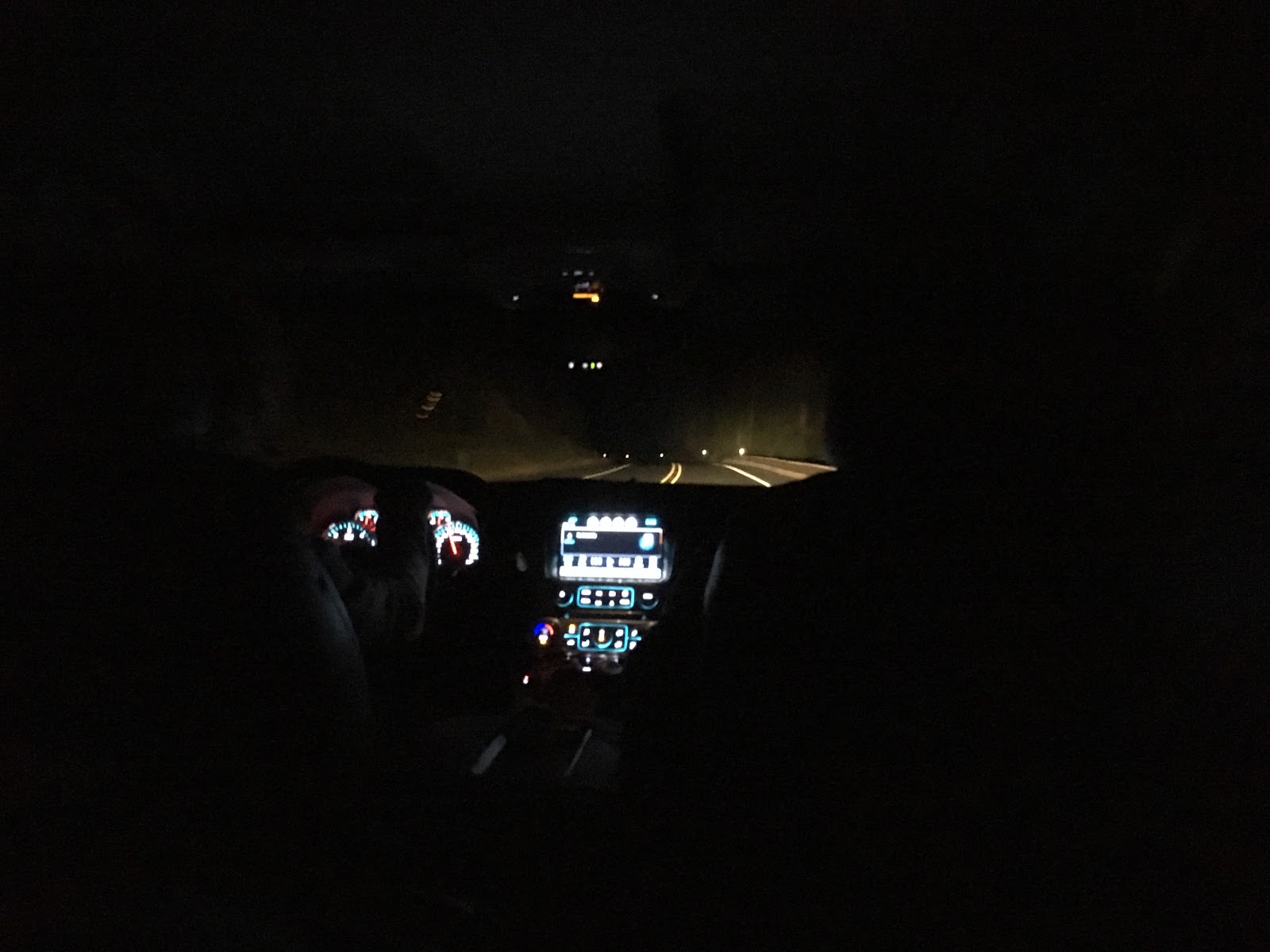
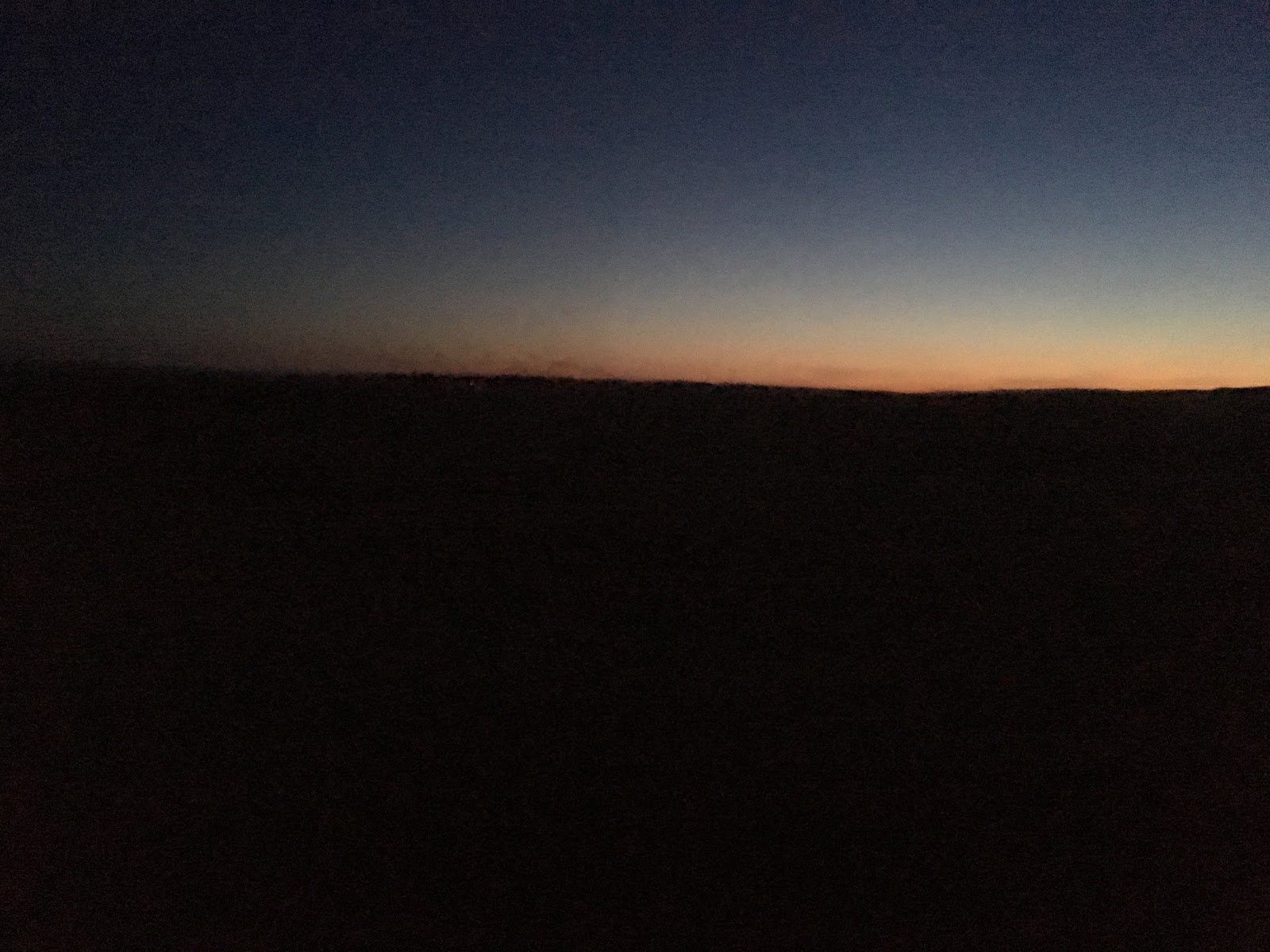
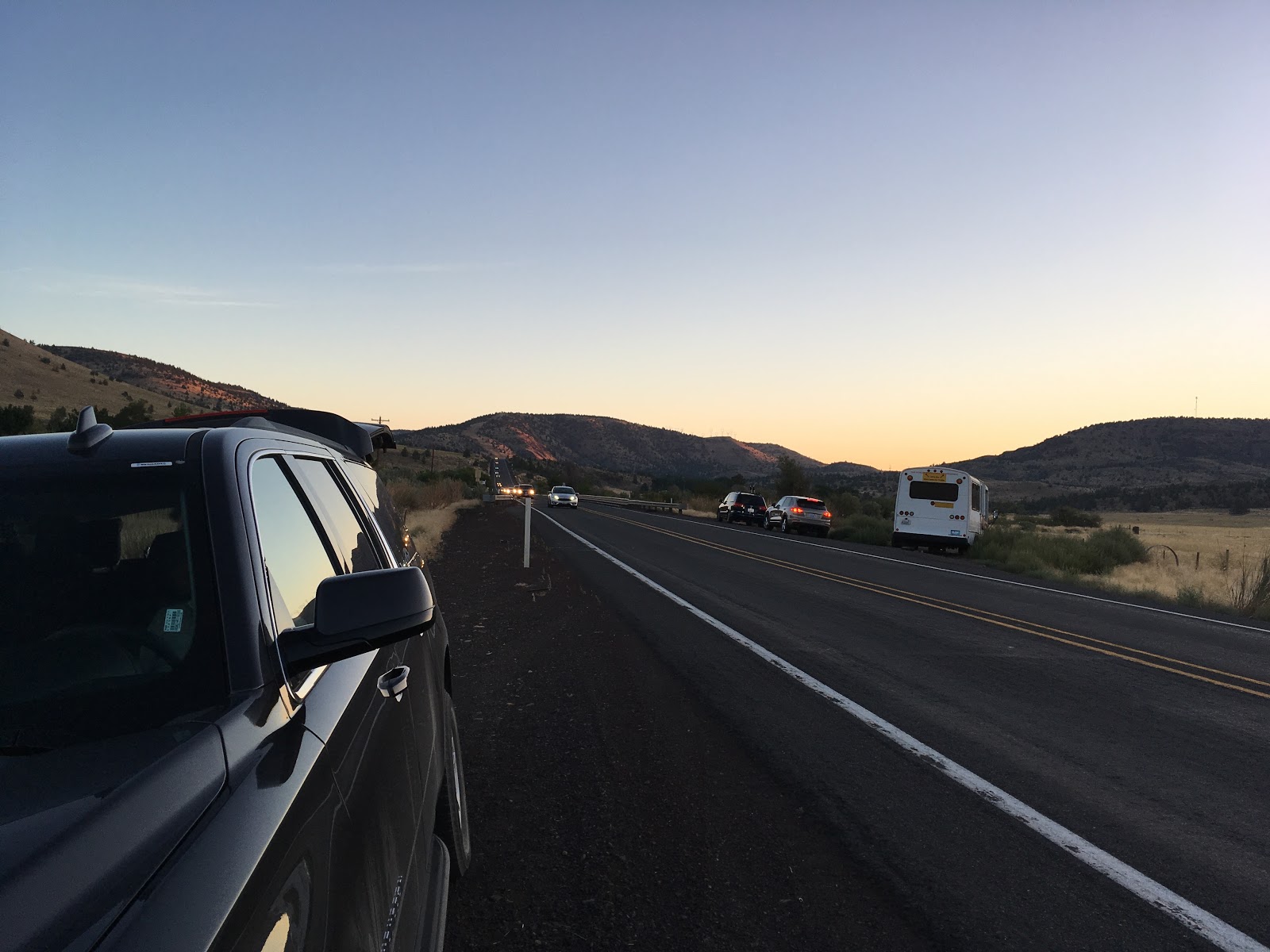
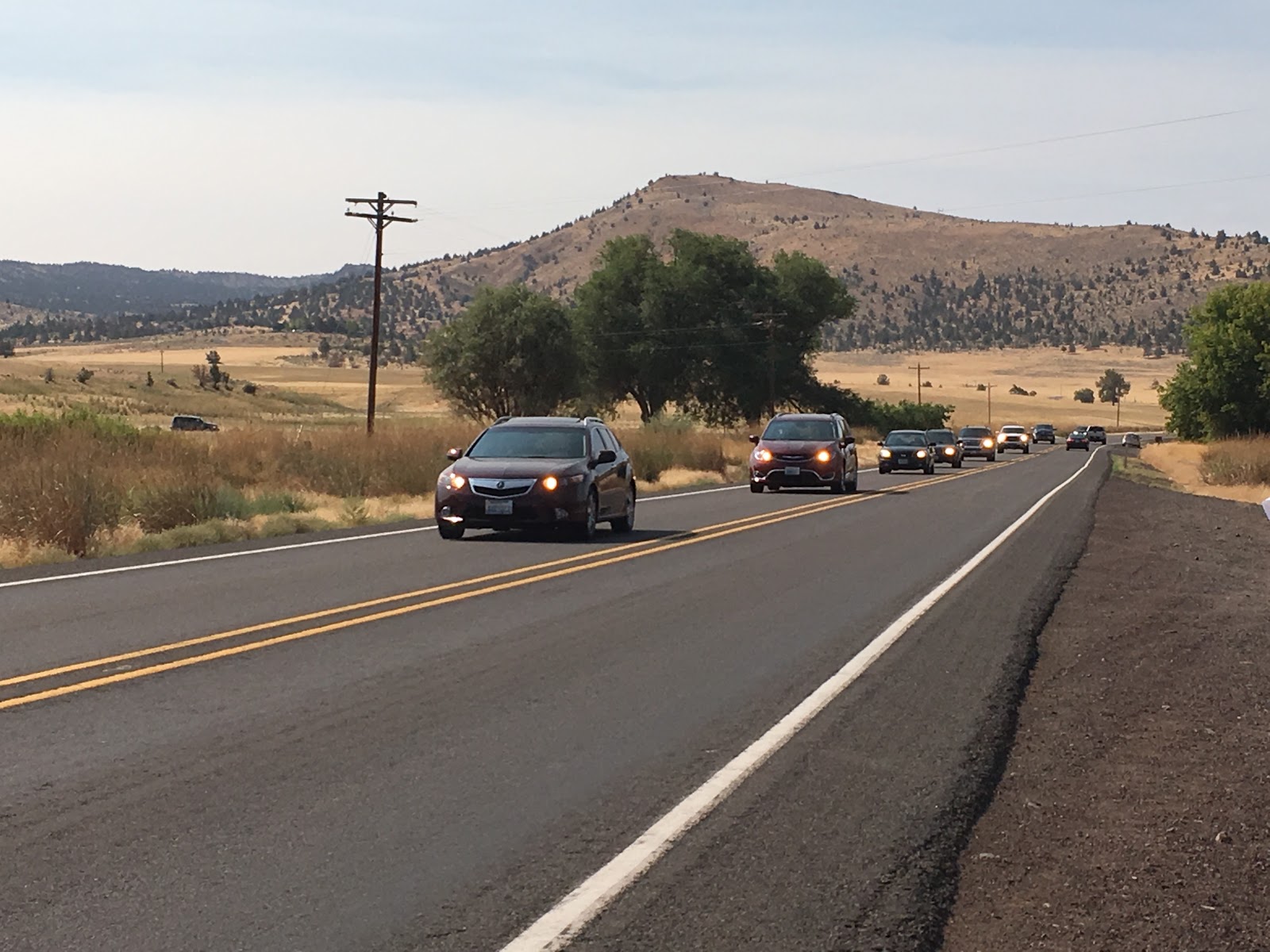
Thanks, Beth, for sharing your family’s journey with us. Great to experience a cosmic event with those you care most about. I am sure June will remember this forever. What’s the next family trip?
I listened to the soundtrack while I read this endearing narrative of your experience. I missed the eclipse so I enjoyed reading your perspective.